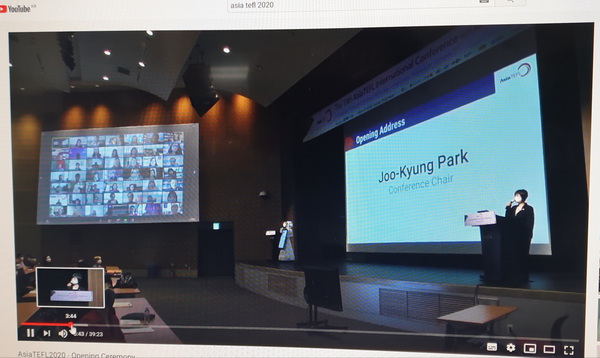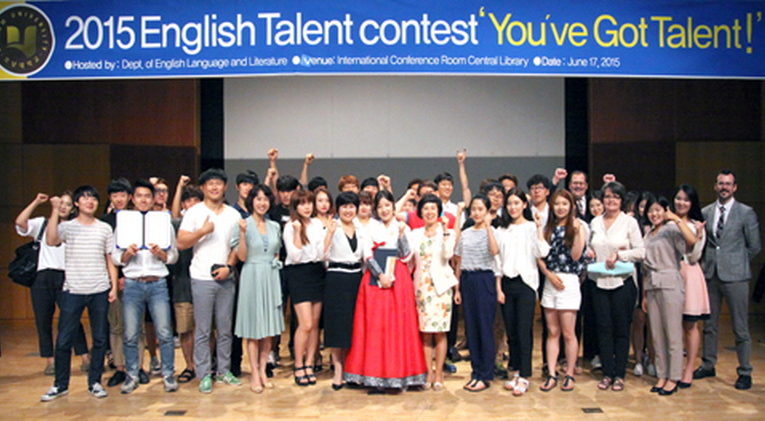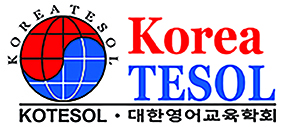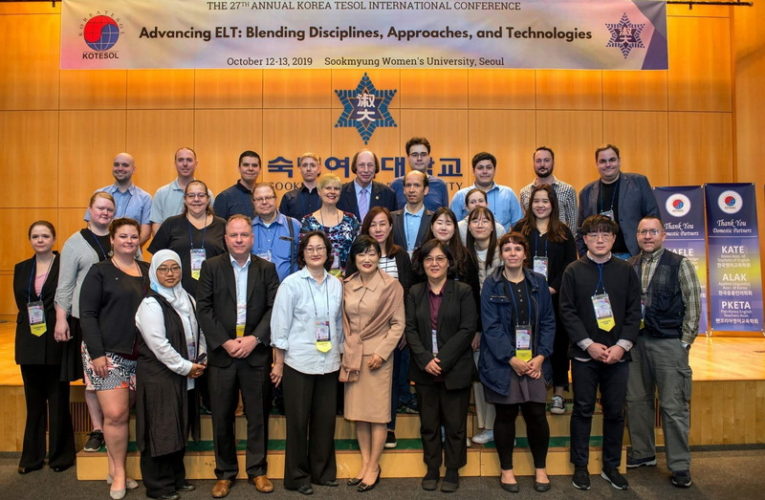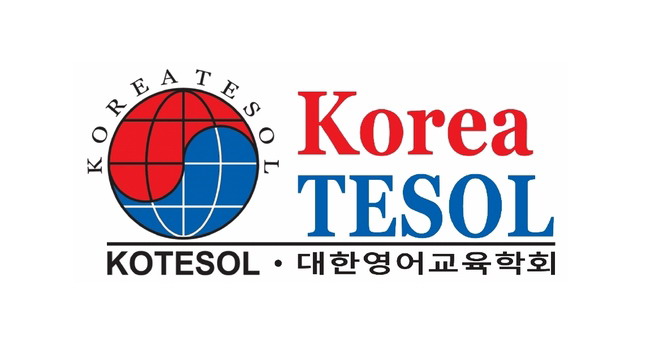Peace Linguistics and Its Connections to TESOL
We are all familiar with the terms linguistics, applied linguistics, sociolinguistics, and psycholinguistics. But peace linguistics may not be so firmly seated in our lexicons. To find out more about this, we turned to Jocelyn Wright for an interview.




